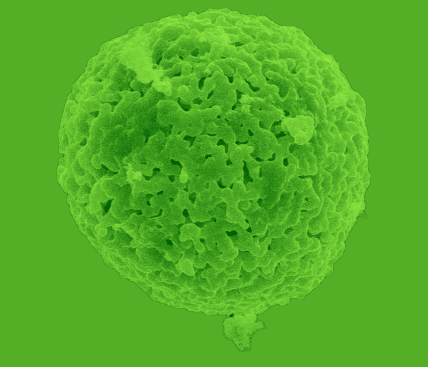Immunotherapy and cancer
Context and presentation of immunotherapy

Cancer and its treatment, old and new
What is cancer?
Each human (or animal) is made up of billions of cells that perform precise and different functions depending on their place in the body. Indeed, they are structured and arranged to form tissues (connective tissue, muscle, adipose, etc.) which themselves form organs (heart, brain, lung, skin, etc.). By assuming their roles, they allow the proper functioning of the organism.
Also, the cells that make up an individual are in constant renewal, regulated by a set of mechanisms and signals sent throughout the body. Depending on these signals, cells multiply to create other cells, die, and are replaced. This cycle also allows the proper functioning of the body.
Cancer is caused by changes in particular places in the genetic code of cells. These alterations lead to the loss of the functions provided by the cells, to the disorganisation of cell arrangements, and to the cessation of cell renewal. They are called cancer cells (as opposed to so-called healthy cells).
The term "cancer" is actually a generic term for a set of diseases. Indeed, all organs and cell types of the body can be affected. There are therefore a hundred types of cancer: breast cancer, prostate cancer, lung cancer, etc.
Conventional cancer treatments
So-called conventional cancer treatments are chemotherapy, radiotherapy and surgery.
They can be used alone or in co-treatment. For example, after surgery, the individual can be treated with chemotherapy.
Because of their lack of specificity, conventional treatments require finding a balance between the effectiveness of destroying cancer cells and the preservation of healthy cells. One solution to overcome this limitation of conventional treatment is to increase treatment specificity. In recent years, researchers have been proposing new therapeutic solutions to address this problem. Some have already been used for several years by doctors to supplement or sometimes replace conventional treatments depending on the case.
Immunotherapy is a part of these new therapeutic solutions.
What is the definition of immunotherapy?
Cancer can emerge when errors/alterations occur in particular places in a cell’s genetic code. In normal times, either these errors are repaired by the body, or the cell is destroyed to avoid any possible problems. The role of cells composing the immune system is in particular to identify and destroy these abnormal cells. Cancer develops when cancer cells put in place one or more strategies that allow them to escape the cells of the immune system. For example, they hide their abnormality from the immune system and portray themselves as healthy cells, or they send signals that make immune cells less effective/active.
Immunotherapy is a class of therapies that aim to restore control of the immune system over cancer cells.
The two main strategies of immunotherapy are:
- The use of drugs that activate/strengthen the ability of immune cells to detect and destroy cancer cells,
- Direct injection of immune system molecules (such as antibodies) or additional immune system cells.
Immunotherapy to treat which cancers?
Immunotherapy offers innovative and effective approaches to cancer.
Some in particular are already used in current practice, alone or in combination with other treatments. This is the case for the treatment of advanced stages of melanoma, certain forms of leukaemia, kidney cancer, bladder cancer and lung cancer.
Nevertheless, not all types of immunotherapy available in clinical practice are effective for all types of cancer and are effective only on some patients.
In addition, the existing immunotherapeutic treatment approaches each use precise levers of action to be effective on a given cancer at a given time, but cancer cells manage to escape these highly targeted treatments: either because they are not sensitive to it, or by developing over time other genetic abnormalities allowing them to resist treatment.
Our immunotherapy treatment
Hastim's treatment leads to a global response to the treatment of cancer by responding to the evolution of the pathology.